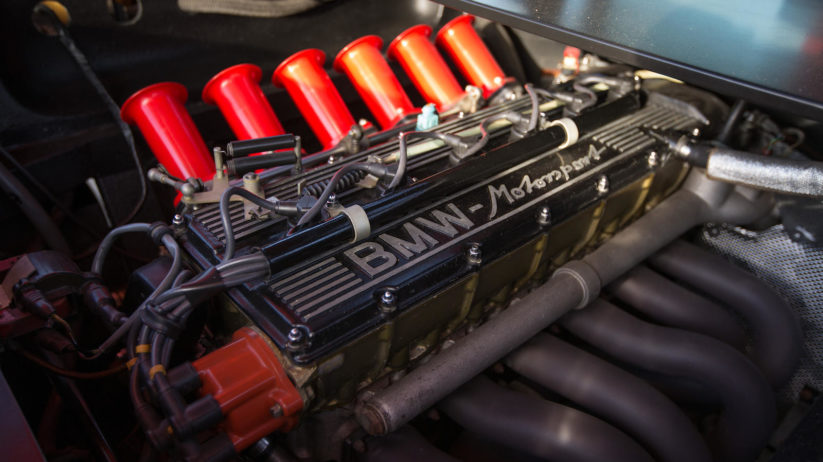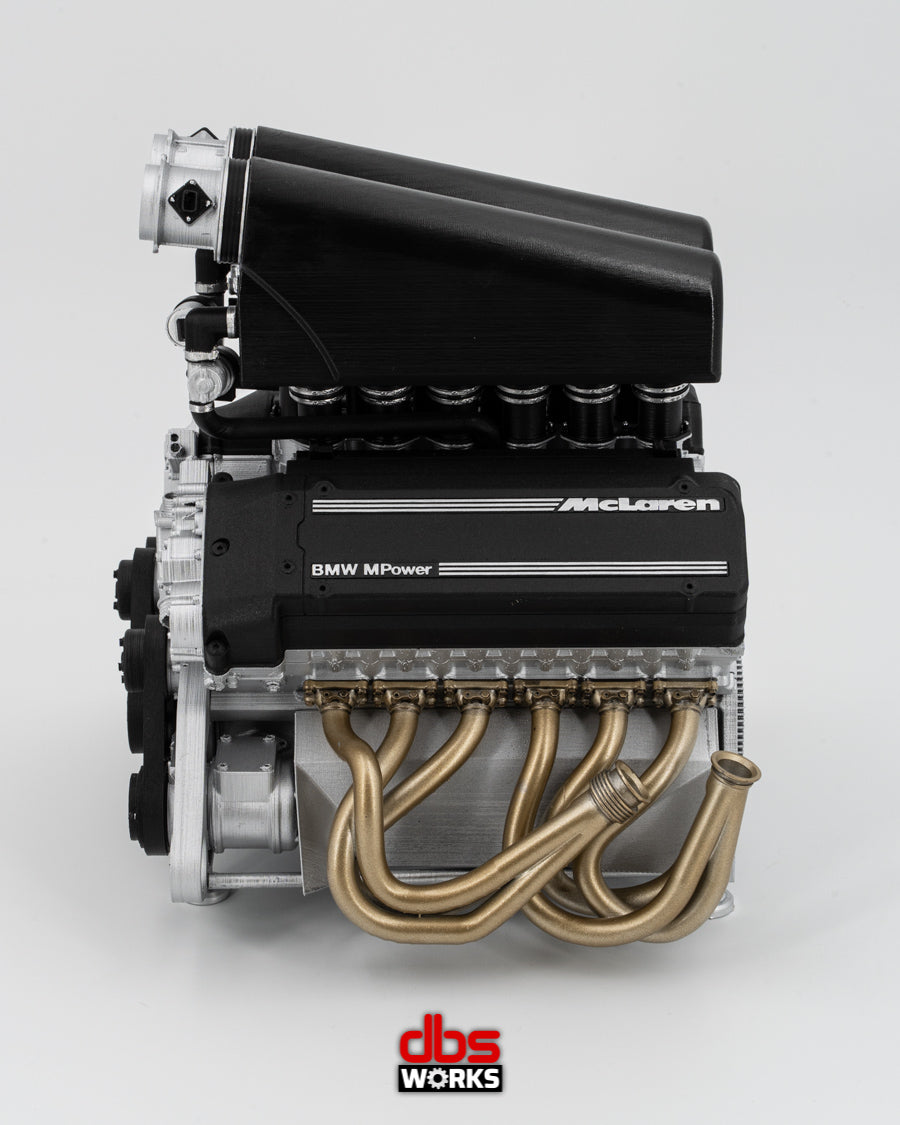Checking Out the Performance Enhancements of the current BMW Engine Designs
Checking Out the Performance Enhancements of the current BMW Engine Designs
Blog Article
Revealing the Intricacies of Next-Generation Power Units: a Deep Dive Into Advanced Engine Designs and Advancements
As we stand on the precipice of a new era in transport, the ins and outs of next-generation engine designs beckon us to check out the innovative modern technologies and developments that promise to redefine the driving experience. Diving much deeper into the realms of emission control, intelligent engine management systems, and the horizon of power device growth, we discover ourselves on the cusp of a transformation that assures to reshape the landscape of wheelchair as we recognize it.
Evolution of Engine Products

The shift in the direction of advanced engine products has also enabled engineers to create engines with greater power results while keeping gas effectiveness standards. For instance, using lightweight products reduces the total weight of the engine, causing enhanced fuel economic climate and lower emissions. Furthermore, improvements in materials innovation have actually enabled much better thermal administration within engines, leading to enhanced reliability and durability.
Turbocharging and Supercharging Technologies
Exactly How do Turbocharging and Supercharging Technologies transform engine efficiency and performance in modern-day automobiles? Turbocharging and supercharging are innovations that dramatically boost engine efficiency by boosting the amount of air intake right into the burning chamber. Turbocharging attains this by using a wind turbine driven by exhaust gases to pressurize the consumption air, while supercharging makes use of a belt- or chain-driven compressor to accomplish the very same impact.
These modern technologies make it possible for smaller sized, a lot more fuel-efficient engines to create power equal to larger ones, called downsizing. Forcibly more air into the cylinders, turbocharging and supercharging enhance burning performance, leading to raised horse power and torque outcome without a considerable increase in engine dimension. This leads to far better velocity, towing capacity, and general driving performance.
In addition, turbocharging and turbo charging contribute to improved gas effectiveness by allowing the usage of smaller engines that take in much less fuel under typical driving conditions - bmw engine. This mix of boosted performance and performance has actually made turbocharging and supercharging important parts of several modern engine designs
Discharge Control and Environmental Influence
With boosting worldwide issues concerning air high quality and ecological sustainability, the execution of emission control innovations in lorries plays an essential role in lowering hazardous pollutants released right into the environment. Modern cars are outfitted with sophisticated emission control systems that help minimize the environmental influence of vehicle procedures. Catalytic converters, as an example, are designed to transform hazardous gases such as carbon monoxide, nitrogen oxides, and hydrocarbons right into much less unsafe compounds like carbon dioxide and water vapor.
Additionally, advancements in engine modern technology, such as the combination of exhaust gas recirculation systems and careful catalytic reduction, have actually substantially added to reducing discharges. These technologies function in tandem to optimize web combustion effectiveness and decrease the release of damaging toxins into the air. Additionally, the development of hybrid and electrical lorries represents an important step towards decreasing the total ecological footprint of the transportation sector.
Intelligent Engine Administration Systems

Furthermore, these systems allow cars to fulfill rigid exhausts standards without jeopardizing efficiency, giving a more eco-friendly driving experience. The combination of fabricated intelligence and machine discovering abilities in engine monitoring systems remains to press the limits of what is feasible, bring about more enhancements in effectiveness, integrity, and total lorry efficiency. bmw engine. As vehicle modern technology developments, smart engine administration systems will play an essential useful source role fit the future of transportation towards a more effective and lasting direction
Future Trends in Power System Development
As intelligent engine administration systems lead the way for improved control and optimization in modern-day cars, future trends in power system development are poised to redefine the landscape of auto propulsion technologies. Among the key trends driving innovation in power unit advancement is the change in the direction of electrification. With an increasing focus on sustainability and lowering carbon emissions, crossbreed and electrical powertrains are coming to be extra prevalent in the vehicle industry. These alternate power sources offer improved performance and performance while aligning with strict environmental policies.
One more significant trend is the combination of innovative materials and manufacturing methods. Light-weight products such as carbon fiber and aluminum are being used to reduce general vehicle weight, improving fuel performance and efficiency. Furthermore, innovations in 3D printing and additive production are allowing the production of complicated engine components with greater accuracy and sturdiness.
Additionally, expert system and maker knowing are playing an essential duty in maximizing power device efficiency. These modern technologies enable real-time tracking and adaptive control, leading to a lot more efficient and dependable power distribution. On the whole, future trends in power unit advancement are tailored in the direction of sustainability, performance, and efficiency, driving the auto market towards a new age of propulsion technologies.

Final Thought
In verdict, the improvements in engine products, turbocharging, discharge control, and smart administration systems have actually paved the way for next-generation power devices. The intricate designs and innovations in contemporary engines display the ongoing advancement of vehicle modern technology.
Checking out the dynamic innovations in engine materials has actually been critical in improving the efficiency and performance of modern engines. Over the years, the development of engine products has actually played a critical role in pushing the limits of what engines can accomplish.The shift in the direction of advanced engine products has likewise enabled engineers to design engines with higher power outcomes while keeping fuel effectiveness standards.The execution of smart engine monitoring systems in modern lorries check has actually changed the way engines are controlled and maximized for efficiency and performance. By gathering information in real-time and analyzing it with innovative formulas, intelligent engine management systems can adapt to driving styles, ecological variables, and engine health to maximize power result while minimizing fuel intake and exhausts.
Report this page